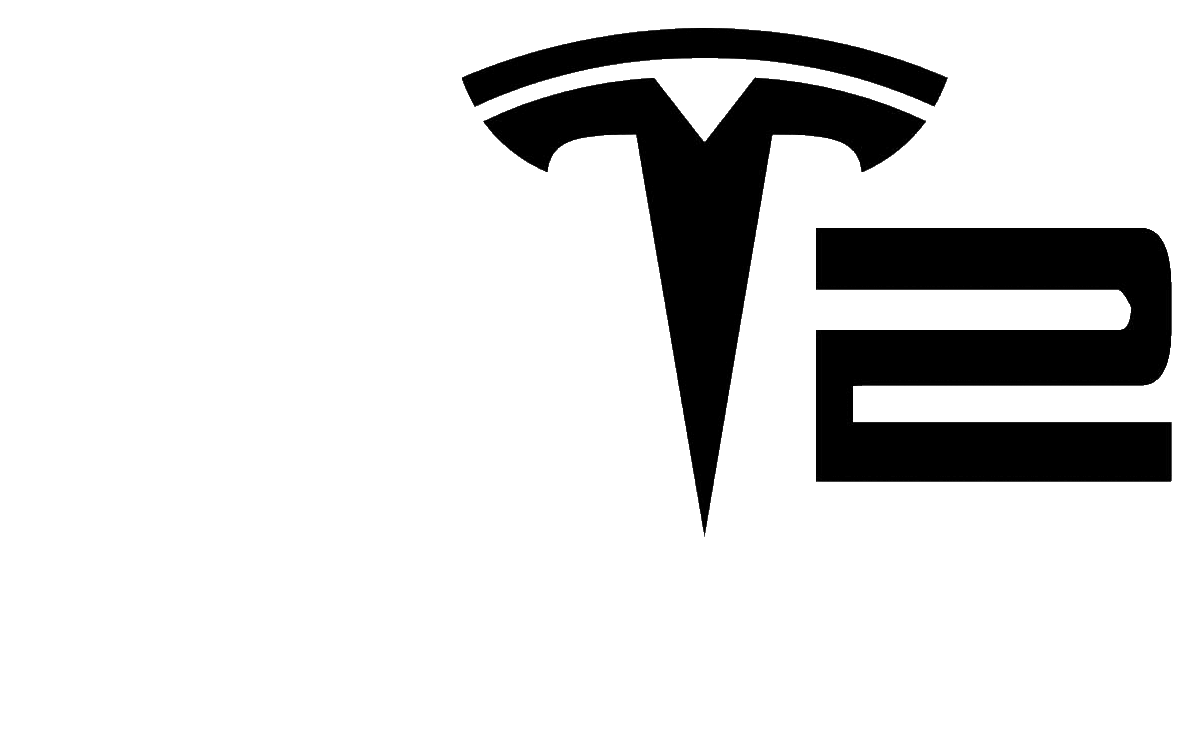TruckElectric
Well-known member
- First Name
- Bryan
- Joined
- Jun 16, 2020
- Threads
- 609
- Messages
- 2,004
- Reaction score
- 1,493
- Location
- Texas
- Vehicles
- Dodge Ram diesel
- Occupation
- Retired
- Thread starter
- #1
According to FT Tesla is exploring buying a semiconductor plant to ensure supply.
I had pondered the idea of Tesla buying a chip factory/foundry as part of their vertical integration strategy last year.
Interesting possibilities what Tesla could become as a company.
Tesla set to pay for chips in advance in bid to overcome shortage
Electric-car maker also explores buying foundry but analysts warn of high costs
Tesla is set to take the unusual step of paying in advance for chips to secure its supply of the crucial materials and is also exploring buying a plant as part of efforts to overcome the global shortage, according to people familiar with the matter.
https://www.ft.com/content/49459668-7eab-4589-8338-059e06b9fd8a
I had pondered the idea of Tesla buying a chip factory/foundry as part of their vertical integration strategy last year.
Interesting possibilities what Tesla could become as a company.
Tesla set to pay for chips in advance in bid to overcome shortage
Electric-car maker also explores buying foundry but analysts warn of high costs
Tesla is set to take the unusual step of paying in advance for chips to secure its supply of the crucial materials and is also exploring buying a plant as part of efforts to overcome the global shortage, according to people familiar with the matter.
https://www.ft.com/content/49459668-7eab-4589-8338-059e06b9fd8a

 Albert Liu (Source: Kneron)
Albert Liu (Source: Kneron) Kneron’s KL520 (Source: Kneron)
Kneron’s KL520 (Source: Kneron)